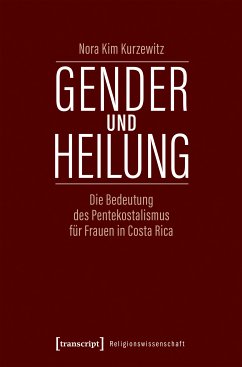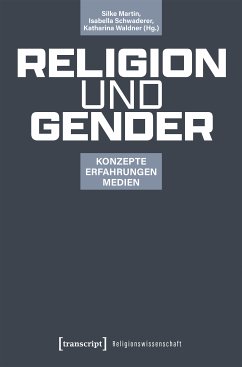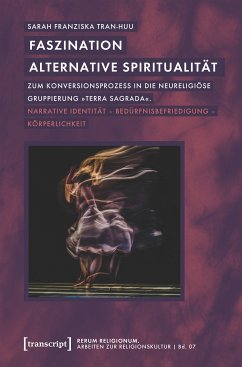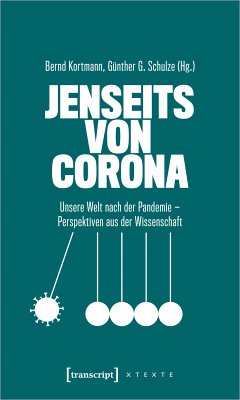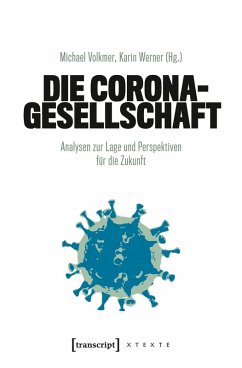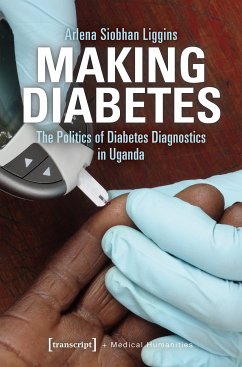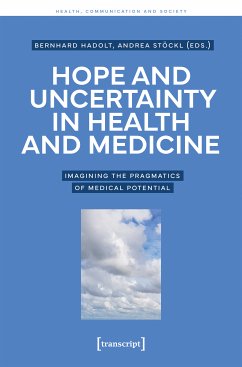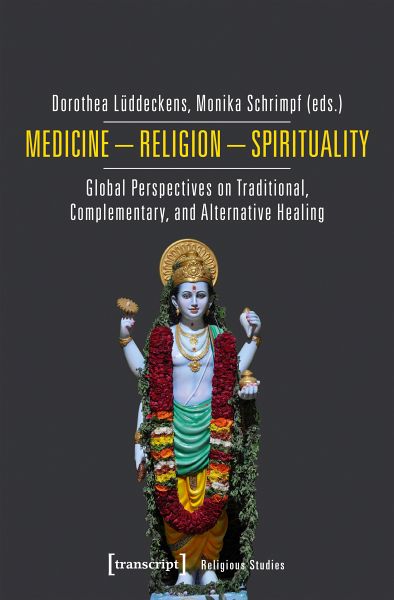
Medicine - Religion - Spirituality (eBook, PDF)
Global Perspectives on Traditional, Complementary, and Alternative Healing
Redaktion: Lüddeckens, Dorothea; Schrimpf, Monika

PAYBACK Punkte
0 °P sammeln!
In modern societies the functional differentiation of medicine and religion is the predominant paradigm. Contemporary therapeutic practices and concepts in healing systems, such as Transpersonal Psychology, Ayurveda, as well as Buddhist and Anthroposophic medicine, however, are shaped by medical as well as religious or spiritual elements. This book investigates configurations of the entanglement between medicine, religion, and spirituality in Europe, Asia, North America, and Africa. How do political and legal conditions affect these healing systems? How do they relate to religious and scientif...
In modern societies the functional differentiation of medicine and religion is the predominant paradigm. Contemporary therapeutic practices and concepts in healing systems, such as Transpersonal Psychology, Ayurveda, as well as Buddhist and Anthroposophic medicine, however, are shaped by medical as well as religious or spiritual elements. This book investigates configurations of the entanglement between medicine, religion, and spirituality in Europe, Asia, North America, and Africa. How do political and legal conditions affect these healing systems? How do they relate to religious and scientific discourses? How do therapeutic practitioners position themselves between medicine and religion, and what is their appeal for patients?
Dieser Download kann aus rechtlichen Gründen nur mit Rechnungsadresse in A, D ausgeliefert werden.




